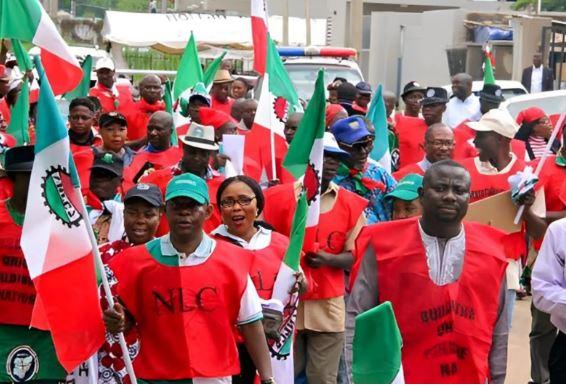
The Nigeria Customs Service (NCS) has announced the suspension of the 4% Free-on-Board (FOB) value charge on imports, as stipulated in Section 18(1)(a) of the Nigeria Customs Service Act (NCSA) 2023.
This move, communicated in a press release signed by Abdullahi Maiwada, the Assistant Comptroller of Customs and National Public Relations Officer, comes after extensive consultations with key stakeholders, including the Honourable Minister of Finance and Coordinating Minister of the Economy, Olawale Edun.
The suspension aims to provide an opportunity for deeper engagement with relevant parties to refine the implementation framework of the Act, ensuring a more effective and sustainable rollout.
The timing of this policy shift coincides with the expiration of contract agreements with service providers, such as Webb Fontaine, who were previously financed through the 1% Comprehensive Import Supervision Scheme (CISS). Under the previous system, the separation of the 1% CISS and the 7% cost of collection created inefficiencies and gaps in funding, particularly in the modernization of customs operations.
The NCSA 2023 was introduced to resolve these challenges by consolidating the funding structure. It stipulates that “not less than 4% of the Free-on-Board value of imports” should be allocated to customs operations. This new framework is expected to provide a more robust and sustainable funding mechanism, enabling the NCS to enhance its technological capabilities, modernize infrastructure, and ensure smoother trade facilitation.
During this suspension period, the NCS will focus on optimizing the management of the new revenue framework while ensuring its alignment with national economic interests and broader trade facilitation goals.
Technology-driven modernization is a key focus of the NCSA 2023, with Section 28 of the Act mandating the development and maintenance of electronic systems to streamline information exchange between the NCS, other government agencies, and traders. As part of its digital transformation agenda, the NCS has already rolled out several innovative solutions, including the B’Odogwu clearance system. This system has already led to significant improvements in clearance times and enhanced transparency within the importation process.
These advancements are expected to strengthen Nigeria’s trade competitiveness, boost customs efficiency, and enhance anti-smuggling efforts. The NCS’s ongoing modernization initiatives are seen as essential to positioning Nigeria as a leader in trade and customs management in the region.





